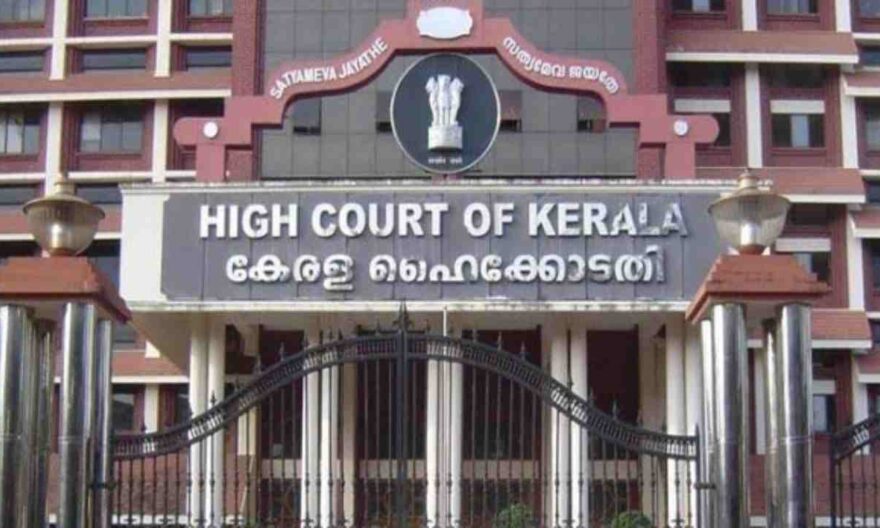
The Kerala High Court recently reiterated that an application for amendment can be permitted by a Family Court despite the absence of provisions for amendment in the Code of Criminal Procedure (Cr.P.C.).
The Single Judge Bench of Justice V.G. Arun relied upon various precedents and observed that technicalities would not have any place in maintenance cases under Section 125 of Cr.P.C. The objective of Section 125 is to alleviate the sufferings of destitute wives and children, and therefore, the court stated that technicalities should not be allowed to hinder the resolution of such cases.
The court further emphasized that the focus should be on assimilating the necessary details and reaching the correct conclusion promptly, rather than dwelling on mundane objections. The court noted that any prejudice caused to the husband by the amendment can be offset by allowing him to file an additional counter affidavit or objection.
In this case, the petitioner-husband challenged the Family Court’s order allowing the respondent-wife’s application for amendment. The petitioner argued that the absence of any provision for amendment in the Code of Criminal Procedure meant that the Family Court erred in granting the application. The petitioner’s counsel contended that the amendment sought to introduce new facts and allegations to overcome valid objections raised in the petitioner’s initial objection.
On the other hand, the respondent-wife’s counsel refuted the allegations and argued that the original maintenance case lacked necessary details, and the amendment was filed to supplement the existing pleadings. The counsel relied on several precedents, such as Madhavi v. Thupran (1987), Ramarajan v. Krishnan (2021), Nallan v. Palaniammal (1998), and Sabita Sahoo v. Khirod Kumar Sahoo (1990), to support the contention that the Family Court has the power to permit amendments in the interest of justice, even in the absence of specific provisions.
The court examined these precedents and observed that while some cases allowed the amendment, others denied it based on the impact on the core issues of the matter. However, the court highlighted that the absence of specific provisions should not restrict the Family Court’s discretionary power to permit amendments, as long as it serves the cause of justice.
Considering the nature of maintenance cases and the objective of ameliorating the sufferings of destitute wives and children, the court dismissed the petitioner’s challenge. The court held that technicalities should not play a significant role in such cases and directed the Family Court to accept any additional counter affidavit filed by the husband within two weeks of receiving the judgment.




